On 26 October 2024, the legendary German experimental music pioneer Hans-Joachim Roedelius turned 90. To celebrate, there were special solo shows in Austria and Germany.
An extremely prolific artist since his first release ‘Klopfzeichen’ in 1969 as a member of KLUSTER with Dieter Moebius and Conrad Schnitzler, he now has over 40 solo albums to his name. Meanwhile he has also been involved numerous other projects in collaboration with the likes of Brian Eno, Michael Rother, Conny Plank, Mani Neumeier, Peter Baumann, Holger Czukay, Tim Story, Blixa Bargeld, Lloyd Cole, Christoph H Müller and Thorsten Quaeschning.
Born in Berlin, during the Second World War, Roedelius and his family were evacuated to East Prussia which in the aftermath of Soviet liberation became part of East Germany during The Cold War. After being conscripted into the DDR Volksarmee, desertion led to a prison sentence but Roedelius would later successfully escape across the border into West Berlin in 1961.
In 1968, Roedelius and Conrad Schnitzler established the Zodiak Free Arts Lab with Klaus Schulze and Manuel Göttsching among those who passed through. The fledgling TANGERINE DREAM would make frequent live appearances there, playing improvised sets for several hours at a time. This was a fruitful period in German music with acts such as KRAFTWERK, CAN, AMON DÜÜL II and FAUST all emerging from various arts scenes and communes reacting against the dominance of America in popular culture.
Making lengthy improvised drone music using primitive electronic instruments and found devices such as coffee percolators, KLUSTER were clearly influenced by the experimental overtures of Karlheinz Stockhausen. After Schnitzler bowed out of KLUSTER to pursue a solo career, Roedelius and Moebius swapped the “K” for a “C” and continued as CLUSTER; they would make music together in various guises until 2009.
Label mates at Brain Records, when Michael Rother of NEU! asked to meet Roedelius and Moebius at their Forst studio in 1974 with a view to collaborating, the effect on all parties involved was to prove seminal. HARMONIA combined Rother’s chugging motorik rhythms, Roedelius’ melodies, and Moebius’ atonal weirdness into an amalgam of harmony and ammonia… finding a home to produce their best music yet, CLUSTER would join Rother at a new label Sky Records which had been established by Günter Körber after leaving his executive post with Brain, the label that he co-founded.
Through his solo work and particularly his romantic ‘Selbstportrait’ series of albums, Roedelius’ music has often been seen as seeding new age through its pastoral introspective nature. However, in collaboration, anything can and has happened. These days, his focus has been on the piano.
To sum up the portfolio of Hans-Joachim Roedelius in just 20 tracks is almost impossible but ELECTRICITYCLUB.CO.UK will try for those only partially familiar with his music using this Beginner’s Guide with a restriction of one track per album. The man himself is unlikely to approve though because as he once said: “To get the complete picture of my music and art, people should listen and look to everything I did.”
CLUSTER Georgel (1972)
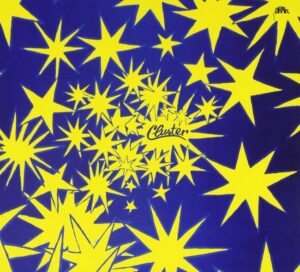 While Roedelius and Moebius originally continued with the dark droning style of their work with Schnitzler, the second album saw their work edited in smaller bite-sized dramas with actual titles. While still avant garde, it was signalling a change in approach. It saw Conny Plank working for the second time with CLUSTER with proceedings now less industrial. The ominous organ lines of ‘Georgel’ warbled as a sinister tension prevailed.
While Roedelius and Moebius originally continued with the dark droning style of their work with Schnitzler, the second album saw their work edited in smaller bite-sized dramas with actual titles. While still avant garde, it was signalling a change in approach. It saw Conny Plank working for the second time with CLUSTER with proceedings now less industrial. The ominous organ lines of ‘Georgel’ warbled as a sinister tension prevailed.
Available on the CLUSTER album ‘II’ via Cherry Red Records
https://www.roedelius.com/artist/cluster
HARMONIA Watussi (1974)
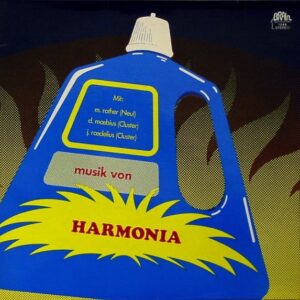 Roedelius and Moebius’ jams with Michael Rother became HARMONIA. Based around simplistic rhythm unit patterns, the restrictions allowed them to experiment on tracks such as ‘Watussi’. Effectively a condensed extract, this began as a solo Roedelius composition and the shortened edit was more of a pointer to the sound of the next CLUSTER album rather than NEU! or anything that would come later in Rother’s solo career.
Roedelius and Moebius’ jams with Michael Rother became HARMONIA. Based around simplistic rhythm unit patterns, the restrictions allowed them to experiment on tracks such as ‘Watussi’. Effectively a condensed extract, this began as a solo Roedelius composition and the shortened edit was more of a pointer to the sound of the next CLUSTER album rather than NEU! or anything that would come later in Rother’s solo career.
Available on the HARMONIA album ‘Musik Von Harmonia’ via Grönland Records
https://www.groenland.com/pages/artist/harmonia
CLUSTER Fotschi Tong (1974)
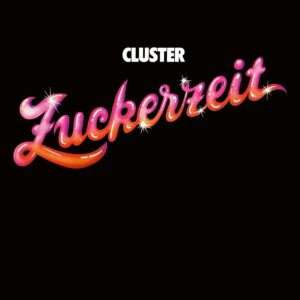 Co-produced by Michael Rother and recorded in the same time frame as the two HARMONIA albums, although ‘Zuckerzeit’ was the third long payer by CLUSTER, it comprised of a solo EP each from Roedelius and Moebius. A highlight of the record was the Roedelius track ‘Fotschi Tong’ which featured immensely melodic keyboard lines and the hypnotic percussive chatter of an Elka Drummer One rhythm unit to give fresher sound.
Co-produced by Michael Rother and recorded in the same time frame as the two HARMONIA albums, although ‘Zuckerzeit’ was the third long payer by CLUSTER, it comprised of a solo EP each from Roedelius and Moebius. A highlight of the record was the Roedelius track ‘Fotschi Tong’ which featured immensely melodic keyboard lines and the hypnotic percussive chatter of an Elka Drummer One rhythm unit to give fresher sound.
Available on the CLUSTER album ‘Zuckerzeit’ via Bureau B
https://www.bureau-b.com/cluster.php
HARMONIA & ENO ‘76 By The Riverside (recorded 1976 – released 1997)
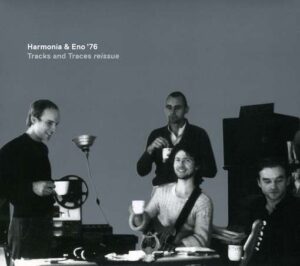 HARMONIA played several gigs in 1974 including one in the presence of Brian Eno. He suggested collaborating with the trio but this not happen until 2 years later. With a steadfast pulsing electronic ambience accompanied by field recordings, the ominous tones of ‘By The Riverside’ provided a lengthy standout from the sessions. However, these recordings remained unreleased until 1997.
HARMONIA played several gigs in 1974 including one in the presence of Brian Eno. He suggested collaborating with the trio but this not happen until 2 years later. With a steadfast pulsing electronic ambience accompanied by field recordings, the ominous tones of ‘By The Riverside’ provided a lengthy standout from the sessions. However, these recordings remained unreleased until 1997.
Available on the HARMONIA & ENO ‘76 album ‘Tracks & Traces’ via Grönland Records
CLUSTER Es War Einmal (1976)
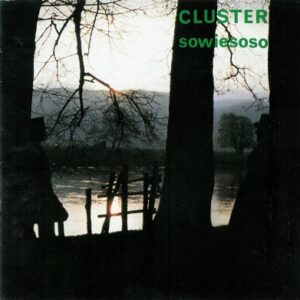 After HARMONIA ran its course and Rother began his lucrative solo career, Roedelius and Moebius returned to CLUSTER. Their fourth album ‘Sowiesoso’ was the duo’s first fully realised exploration into the soothing world of ambient electronics. Recorded in just 2 days with Conny Plank at the helm, ‘Es War Einmal’ was wonderfully pastoral with gentle melodic phrasing from piano and synths and no rhythm machine interventions.
After HARMONIA ran its course and Rother began his lucrative solo career, Roedelius and Moebius returned to CLUSTER. Their fourth album ‘Sowiesoso’ was the duo’s first fully realised exploration into the soothing world of ambient electronics. Recorded in just 2 days with Conny Plank at the helm, ‘Es War Einmal’ was wonderfully pastoral with gentle melodic phrasing from piano and synths and no rhythm machine interventions.
Available on the CLUSTER album ‘Sowiesoso’ via Bureau B
https://clusterofficial.bandcamp.com/
CLUSTER & ENO Für Luise (1977)
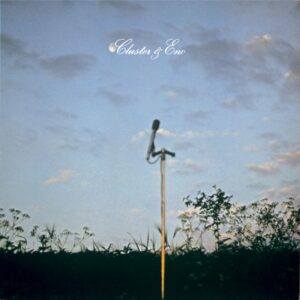 Brian Eno returned to work with Roedelius and Moebius on two fruitful recordings. On the first, the front cover photo of a microphone up near the clouds summed up the approach with the album full of angelic atmospheres and gentle melodies. ‘Für Luise’ was a tense cold war drama with stark piano and minimal synth but again no rhythmic centre. This first official release with Eno brought CLUSTER to a much wider audience.
Brian Eno returned to work with Roedelius and Moebius on two fruitful recordings. On the first, the front cover photo of a microphone up near the clouds summed up the approach with the album full of angelic atmospheres and gentle melodies. ‘Für Luise’ was a tense cold war drama with stark piano and minimal synth but again no rhythmic centre. This first official release with Eno brought CLUSTER to a much wider audience.
Available on the CLUSTER & ENO album ‘Cluster & Eno’ via Bureau B
https://www.instagram.com/hansjoachimroedelius/
BRIAN ENO By This River (1977)
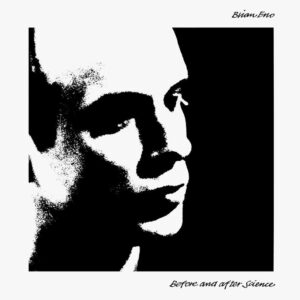 Originating from his sessions with Moebius and Roedelius in Forst, Brian Eno produced this beautiful piano and synth ballad with Conny Plank engineering for inclusion on his fourth pop solo album ‘Before & After Science’. While the warmth extracted from the Yamaha CS80 used by Eno was one of the key stand-out elements of ‘By This River’, the backbone from Roedelius’ sweet ivories provided a special lullaby quality.
Originating from his sessions with Moebius and Roedelius in Forst, Brian Eno produced this beautiful piano and synth ballad with Conny Plank engineering for inclusion on his fourth pop solo album ‘Before & After Science’. While the warmth extracted from the Yamaha CS80 used by Eno was one of the key stand-out elements of ‘By This River’, the backbone from Roedelius’ sweet ivories provided a special lullaby quality.
Available on the BRIAN ENO album ‘Before & After Science’ via Virgin Records
ENO MOEBIUS ROEDELIUS The Belldog (1978)
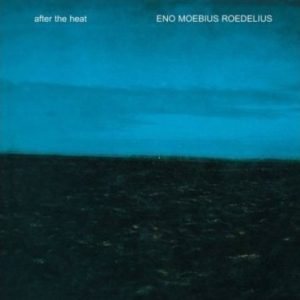 Following ‘Cluster & Eno’, the second album from Eno, Moebius and Roedelius was issued under all their surnames and added Eno’s contemplative voice to the experimentation. While there was a mix of piano-oriented ambient pieces and avant pop songs like the unsettling ‘Broken Head’, the best number was the gentle sequencer led beauty of ‘The Belldog’ where “Most of the day, we were at the machinery…”
Following ‘Cluster & Eno’, the second album from Eno, Moebius and Roedelius was issued under all their surnames and added Eno’s contemplative voice to the experimentation. While there was a mix of piano-oriented ambient pieces and avant pop songs like the unsettling ‘Broken Head’, the best number was the gentle sequencer led beauty of ‘The Belldog’ where “Most of the day, we were at the machinery…”
Available on the ENO MOEBIUS ROEDELIUS album ‘After The Heat’ via Bureau B
https://www.facebook.com/BrianEno
CLUSTER Breitengrad 20 (1979)
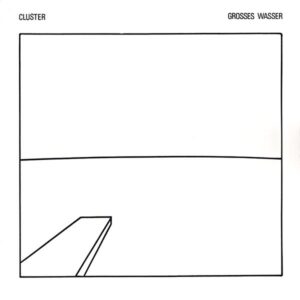 ‘Grosses Wasser’ marked the return of CLUSTER working as a duo. Their producer this time was TANGERINE DREAM refugee Peter Baumann who was producing other acts likes Leda and in an interim phase before going pop with ‘Repeat Repeat’. Hinting at a form of avant jazz, ‘Breitengrad 20’ breezed like a morning walk as Roedelius’ clean piano lines sparred off the pulses from Baumann’s customised Project Elektronik modular.
‘Grosses Wasser’ marked the return of CLUSTER working as a duo. Their producer this time was TANGERINE DREAM refugee Peter Baumann who was producing other acts likes Leda and in an interim phase before going pop with ‘Repeat Repeat’. Hinting at a form of avant jazz, ‘Breitengrad 20’ breezed like a morning walk as Roedelius’ clean piano lines sparred off the pulses from Baumann’s customised Project Elektronik modular.
Available on the CLUSTER album ‘Grosses Wasser’ via Bureau B
https://www.facebook.com/Roedelius
ROEDELIUS Wenn Der Südwind Weht (1981)
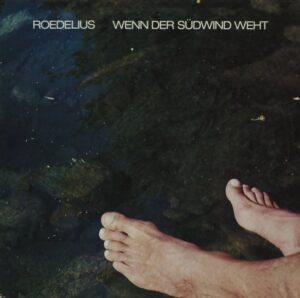 Roedelius was already progressing with his solo career which had begun in 1978 in parallel to CLUSTER. From his seventh solo album of the same name, ‘Wenn Der Südwind Weht’ was simply beautiful instrumental that translated from German meaning “When the south wind blows”; the piece was dominated by a glorious lead synth melody while gently rhythmical keyboard lines remained static in their hypnotic repetition. Everything blended for a soothing textural ambience.
Roedelius was already progressing with his solo career which had begun in 1978 in parallel to CLUSTER. From his seventh solo album of the same name, ‘Wenn Der Südwind Weht’ was simply beautiful instrumental that translated from German meaning “When the south wind blows”; the piece was dominated by a glorious lead synth melody while gently rhythmical keyboard lines remained static in their hypnotic repetition. Everything blended for a soothing textural ambience.
Available on the ROEDELIUS album ‘Wenn Der Südwind Weht’ via Bureau B
https://www.bureau-b.com/roedelius.php
MOEBIUS + ROEDELIUS Emmental (1991)
 Having put CLUSTER on hiatus for 8 years, Roedelius and Moebius cautiously reunited under their own names for ‘Apropos Cluster’. With a more understated ambience in the shorter compositions, taking a back seat was the rhythmical element. ‘Emmental’ saw a melodic fretless bass figure alongside spacious piano and synths. It became a signature track at their live shows and was often performed by Roedelius during his solo performances.
Having put CLUSTER on hiatus for 8 years, Roedelius and Moebius cautiously reunited under their own names for ‘Apropos Cluster’. With a more understated ambience in the shorter compositions, taking a back seat was the rhythmical element. ‘Emmental’ saw a melodic fretless bass figure alongside spacious piano and synths. It became a signature track at their live shows and was often performed by Roedelius during his solo performances.
Available on the MOEBIUS + ROEDELIUS album ‘Apropos Cluster’ via Bureau B
https://www.bureau-b.com/moebius.php
AQUARELLO Deep Blue (1998)
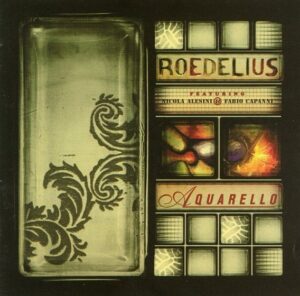 AQUARELLO was a group comprising of the now-Austria based Roedelius and two Italian musicians, multi-instrumentalist Fabio Capanni and saxophonist Nicola Alesini. One of two new studio recordings on the otherwise self-titled live album, ‘Deep Blue’ was an adventurous cinematic piece co-written with Capanni that carried a marvellous European arthouse quality. It mutated into several distinct mini-suites despite clocking in an under 4 minutes.
AQUARELLO was a group comprising of the now-Austria based Roedelius and two Italian musicians, multi-instrumentalist Fabio Capanni and saxophonist Nicola Alesini. One of two new studio recordings on the otherwise self-titled live album, ‘Deep Blue’ was an adventurous cinematic piece co-written with Capanni that carried a marvellous European arthouse quality. It mutated into several distinct mini-suites despite clocking in an under 4 minutes.
Available on the AQUARELLO album ‘Aquarello’ via All Saints Records
https://www.instagram.com/capanni.music/
HANS-JOACHIM ROEDELIUS & TIM STORY Lunz (2002)
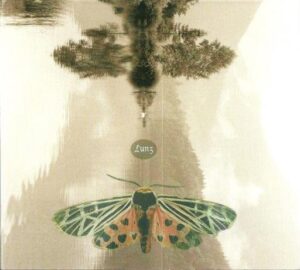 Having already collaborated on the epic 56 minute soundscape ‘The Persistence Of Memory’, Roedelius had come together with Grammy-nominated American composer Tim Story to keep his muse alive. ‘Lunz’ featured largely shorter piano-based pieces reminiscent of Harold Budd, described as “Romantic and surreal – light and dark – an album of opposites attracts you like a moth to a flame”, this was the best in modern classical music.
Having already collaborated on the epic 56 minute soundscape ‘The Persistence Of Memory’, Roedelius had come together with Grammy-nominated American composer Tim Story to keep his muse alive. ‘Lunz’ featured largely shorter piano-based pieces reminiscent of Harold Budd, described as “Romantic and surreal – light and dark – an album of opposites attracts you like a moth to a flame”, this was the best in modern classical music.
Available on the HANS-JOACHIM ROEDELIUS & TIM STORY album ‘Lunz’ via Grönland Records
ARVANITIS & ROEDELIUS Digital Love (2002)
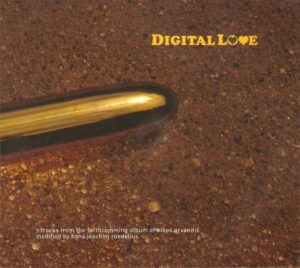 The biggest outlier in the Roedelius portfolio, he accepted an invitation to work with Greek producer Nikos Arvanitis on an electronic dance album. The superb title song was shaped by feisty house rhythms and deadpan vocals from Alexander Lovrek. But with an array of spikey and sparkling electronics, it highlighted Roedelius’ willingness to immerse himself into new music forms as he was approaching 70.
The biggest outlier in the Roedelius portfolio, he accepted an invitation to work with Greek producer Nikos Arvanitis on an electronic dance album. The superb title song was shaped by feisty house rhythms and deadpan vocals from Alexander Lovrek. But with an array of spikey and sparkling electronics, it highlighted Roedelius’ willingness to immerse himself into new music forms as he was approaching 70.
Available on the ARVANITIS & ROEDELIUS album ‘Digital Love’ via Plag Dich Nicht
http://www.nikosarvanitis.info/
HANS-JOACHIM ROEDELIUS & THE FRATELLI BROTHERS Imogen (2011)
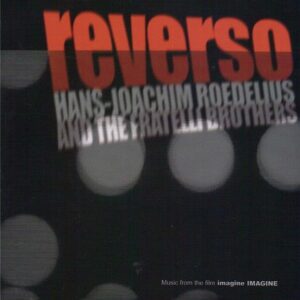 Roedelius’ musical instincts made him an ideal film soundtrack composer, but this did not happen until 2002 for Frederick Baker’s BBC TV documentary ‘Imagine IMAGINE’ about John Lennon’s iconic hit single. Working with THE FRATELLI BROTHERS, the tracks were re-recorded in 2011 for the album ‘Reverso’. With elegant synthetic strings and unusually in the music of Roedelius, a percussive loop, ‘Imogen’ offered a serene impressionistic quality even without the visuals.
Roedelius’ musical instincts made him an ideal film soundtrack composer, but this did not happen until 2002 for Frederick Baker’s BBC TV documentary ‘Imagine IMAGINE’ about John Lennon’s iconic hit single. Working with THE FRATELLI BROTHERS, the tracks were re-recorded in 2011 for the album ‘Reverso’. With elegant synthetic strings and unusually in the music of Roedelius, a percussive loop, ‘Imogen’ offered a serene impressionistic quality even without the visuals.
Available on the HANS-JOACHIM ROEDELIUS & THE FRATELLI BROTHERS album ‘Reverso’ via Musea
LLOYD COLE / HANS-JOACHIM ROEDELIUS Selbstportrait-Reich (2013)
 Lloyd Cole was a fan of CLUSTER and his first electronic instrumental album ‘Plastic Wood’ recalled ‘Sowiesoso’. A mutual friend passed it over to Roedelius who was impressed and set about doing his own remix. Cole was flattered so the two discussed working together on a project. Cole created a number of minimal electronic sketches for Roedelius to develop in isolation. The glistening ‘Selbstportrait-Reich’ was a thoughtful union of the sorcerer and the apprentice.
Lloyd Cole was a fan of CLUSTER and his first electronic instrumental album ‘Plastic Wood’ recalled ‘Sowiesoso’. A mutual friend passed it over to Roedelius who was impressed and set about doing his own remix. Cole was flattered so the two discussed working together on a project. Cole created a number of minimal electronic sketches for Roedelius to develop in isolation. The glistening ‘Selbstportrait-Reich’ was a thoughtful union of the sorcerer and the apprentice.
Available on the LLOYD COLE / HANS-JOACHIM ROEDELIUS album ‘Selected Studies, Vol1’ via Bureau B
MUELLER ROEDELIUS 808 Fantasy (2015)
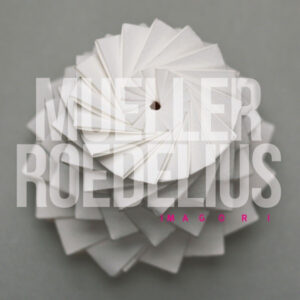 While perhaps not as much of a shock as ‘Digital Love’ was with Nikos Arvanitis, Roedelius’ collaboration with Swiss-German musician Christoph H Müller of the neotango band GOTAN PROJECT still sprung a surprise. ‘808 Fantasy’ did as it said on the tin with a curious contrast of jazzy piano and floating electronics glitched up around rigid drum machine beats. It closed the CD version of their first album together.
While perhaps not as much of a shock as ‘Digital Love’ was with Nikos Arvanitis, Roedelius’ collaboration with Swiss-German musician Christoph H Müller of the neotango band GOTAN PROJECT still sprung a surprise. ‘808 Fantasy’ did as it said on the tin with a curious contrast of jazzy piano and floating electronics glitched up around rigid drum machine beats. It closed the CD version of their first album together.
Available on the MUELLER ROEDELIUS album ‘Imagori’ via Grönland Records
https://www.instagram.com/christoph.h.muller/
QLUSTER Beste Freunde (2016)
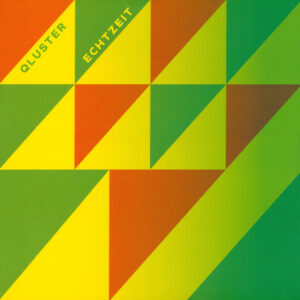 With CLUSTER splitting up, Roedelius changed the letters again and started QLUSTER with Onnen Bock before Armin Metz joined in 2013. The contemplative ‘Echtzeit’ album came after the sad passing of Dieter Moebius in 2015. With much of the recording taking place in a church, ‘Beste Freunde’ was self-explanatory, a musical eulogy from Roedelius where his piano took centre stage, sweetened by electronics and treatments.
With CLUSTER splitting up, Roedelius changed the letters again and started QLUSTER with Onnen Bock before Armin Metz joined in 2013. The contemplative ‘Echtzeit’ album came after the sad passing of Dieter Moebius in 2015. With much of the recording taking place in a church, ‘Beste Freunde’ was self-explanatory, a musical eulogy from Roedelius where his piano took centre stage, sweetened by electronics and treatments.
Available on the QLUSTER album ‘Echtzeit’ via Bureau B
https://www.bureau-b.com/qluster.php
HANS-JOACHIM ROEDELIUS, THORSTEN QUAESCHNING, HOSHIKO YAMANE, PAUL FRICK Klangtraube Part 9 (2020)
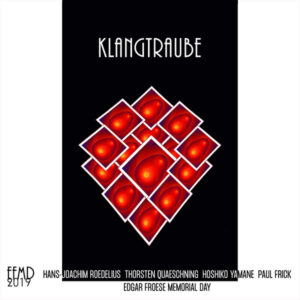 Roedelius was invited to perform at the 2019 Edgar Froese Memorial Day concert in Berlin by Froese’s widow Bianca Acquaye. Joining him were present day TANGERINE DREAM leader Thorsten Quaeschning along with violinist Hoshiko Yamane and new recruit Paul Frick. The closing ninth piece saw Roedelius on piano accompanied by the trio for a fitting tribute to his late friend from since the Zodiak Free Arts Lab days.
Roedelius was invited to perform at the 2019 Edgar Froese Memorial Day concert in Berlin by Froese’s widow Bianca Acquaye. Joining him were present day TANGERINE DREAM leader Thorsten Quaeschning along with violinist Hoshiko Yamane and new recruit Paul Frick. The closing ninth piece saw Roedelius on piano accompanied by the trio for a fitting tribute to his late friend from since the Zodiak Free Arts Lab days.
Available on the HANS-JOACHIM ROEDELIUS, THORSTEN QUAESCHNING, HOSHIKO YAMANE, PAUL FRICK album ‘Klangtraube’ via Eastgate
https://www.tangerinedreammusic.com/
ROEDELIUS & ARNOLD KASAR Lifeline (2023)
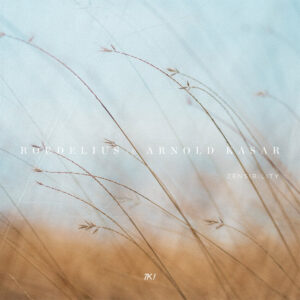 Roedelius continues to compose and release music; one of his more recent works came with Berlin based musician and sound engineer Arnold Kasar. Their second album ‘Zensibility’ comprised of call-and-response pieces where Roedelius played piano while Kasar worked in the electronics. As with the vibey charm of ‘Lifeline’, the album’s end result exuded an airy meditative calm while any treatments and soundscapes were ultimately fitting and respectful.
Roedelius continues to compose and release music; one of his more recent works came with Berlin based musician and sound engineer Arnold Kasar. Their second album ‘Zensibility’ comprised of call-and-response pieces where Roedelius played piano while Kasar worked in the electronics. As with the vibey charm of ‘Lifeline’, the album’s end result exuded an airy meditative calm while any treatments and soundscapes were ultimately fitting and respectful.
Available on the ROEDELIUS & ARNOLD KASAR album ‘Zensibility’ via 7K!
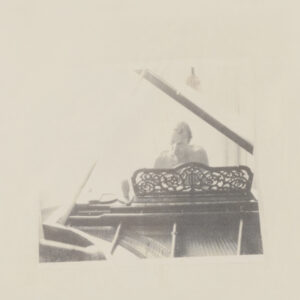 ‘90’ featuring unreleased music recorded between 1968 -1980 is out now as a 4LP boxed set via Grönland Records from https://www.groenland.com/
‘90’ featuring unreleased music recorded between 1968 -1980 is out now as a 4LP boxed set via Grönland Records from https://www.groenland.com/
‘Kollektion 02: Roedelius Compiled By Lloyd Cole’ is available via Bureau B
For more information on the music and life of Hans-Joachim Roedelius, please visit https://www.roedelius.com/
An ELECTRICITYCLUB.CO.UK playlist ‘The Roles Of ROEDELIUS’ highlighting these and other works can be heard on Spotify at https://open.spotify.com/playlist/18OiPxpBrQRjBDzVcL8rc1
Text by Chi Ming Lai
4th January 2024

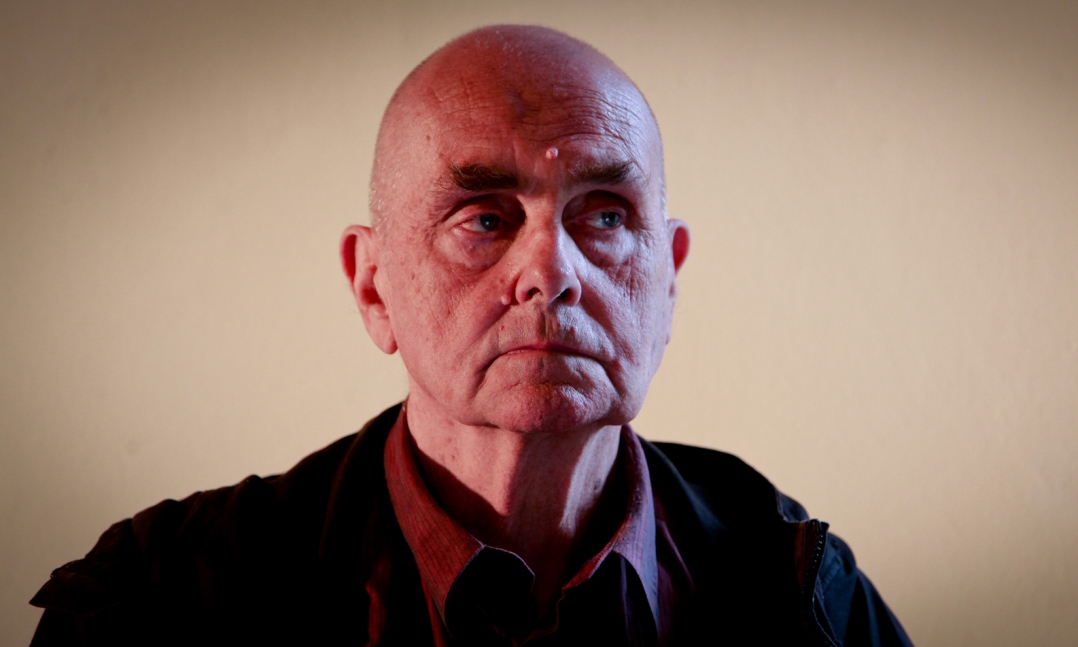
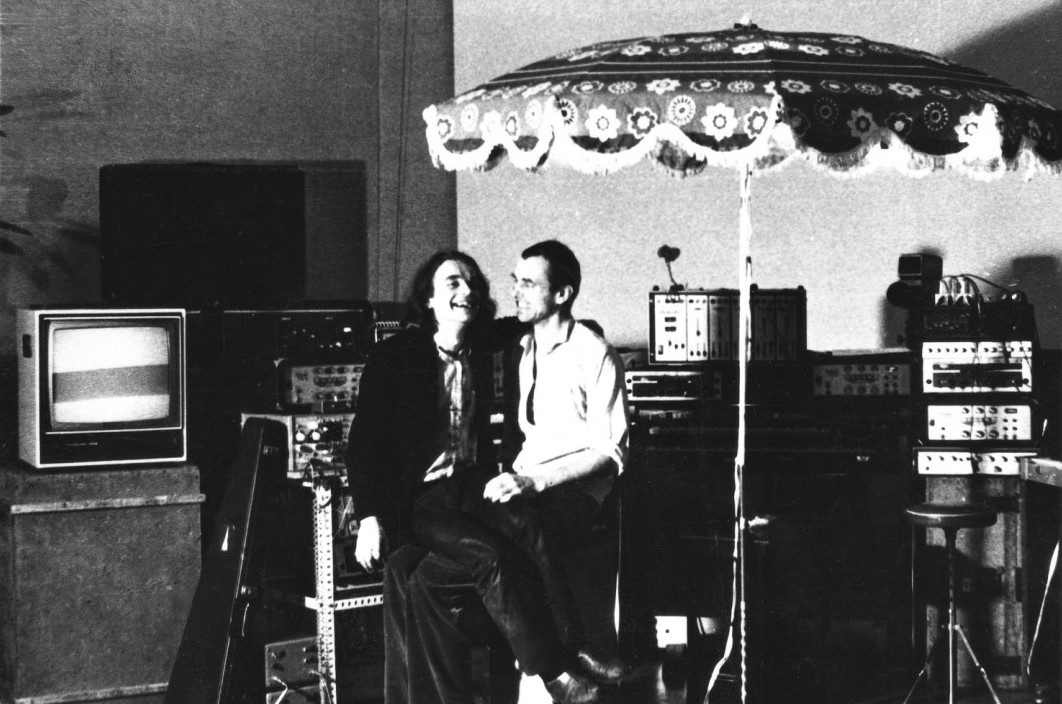
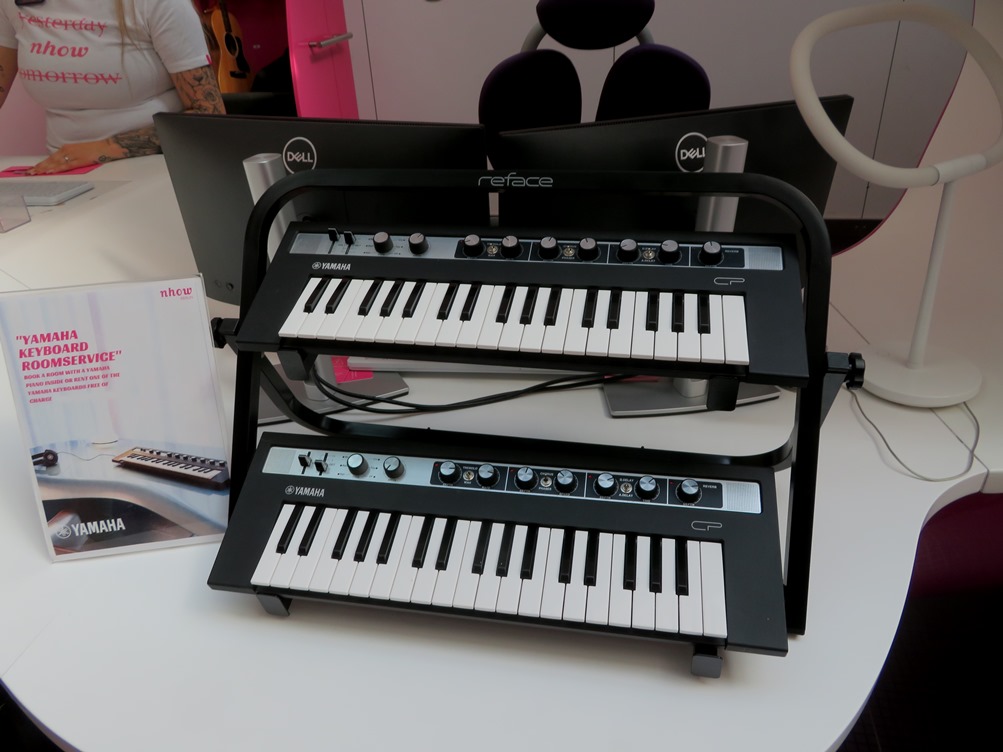
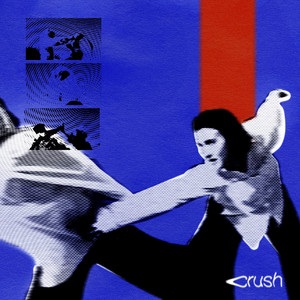


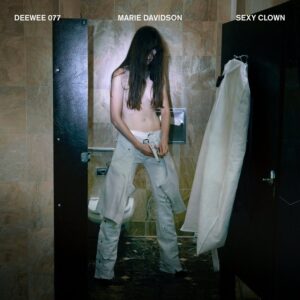

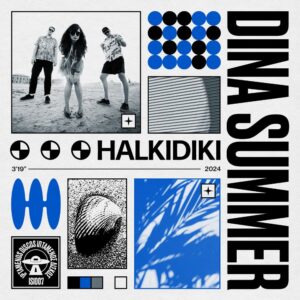
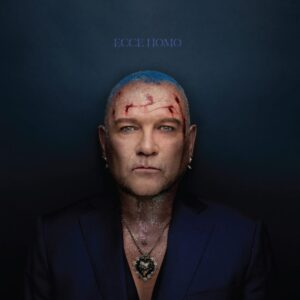



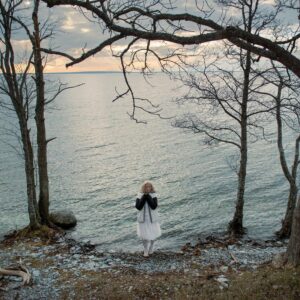
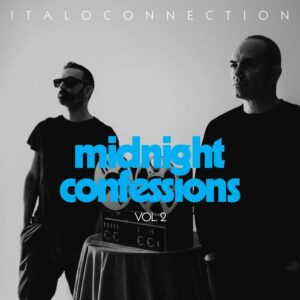
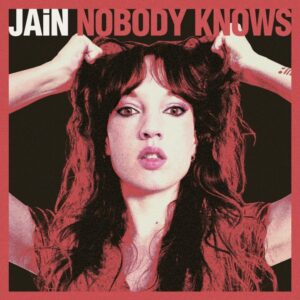


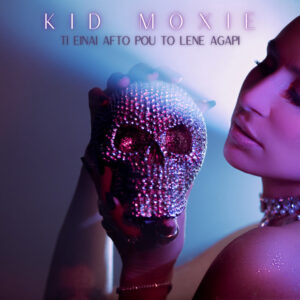
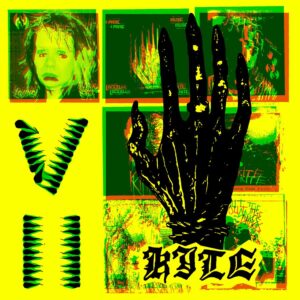

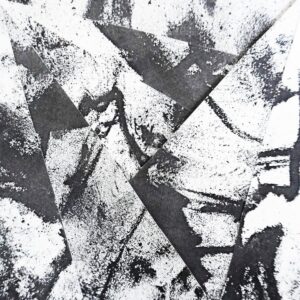


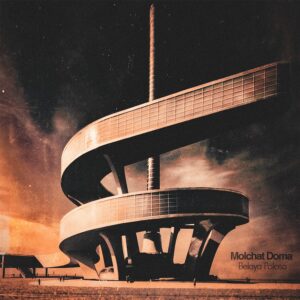
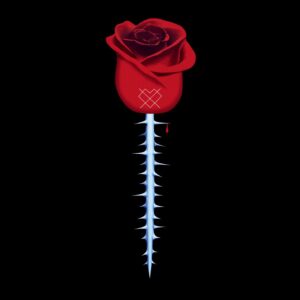
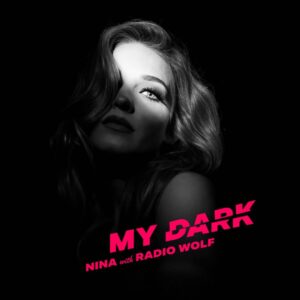
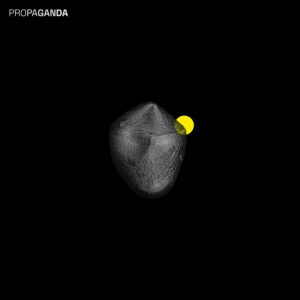


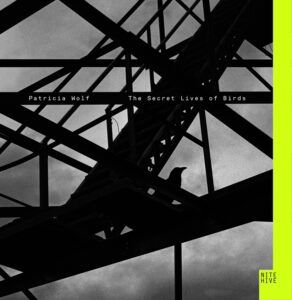


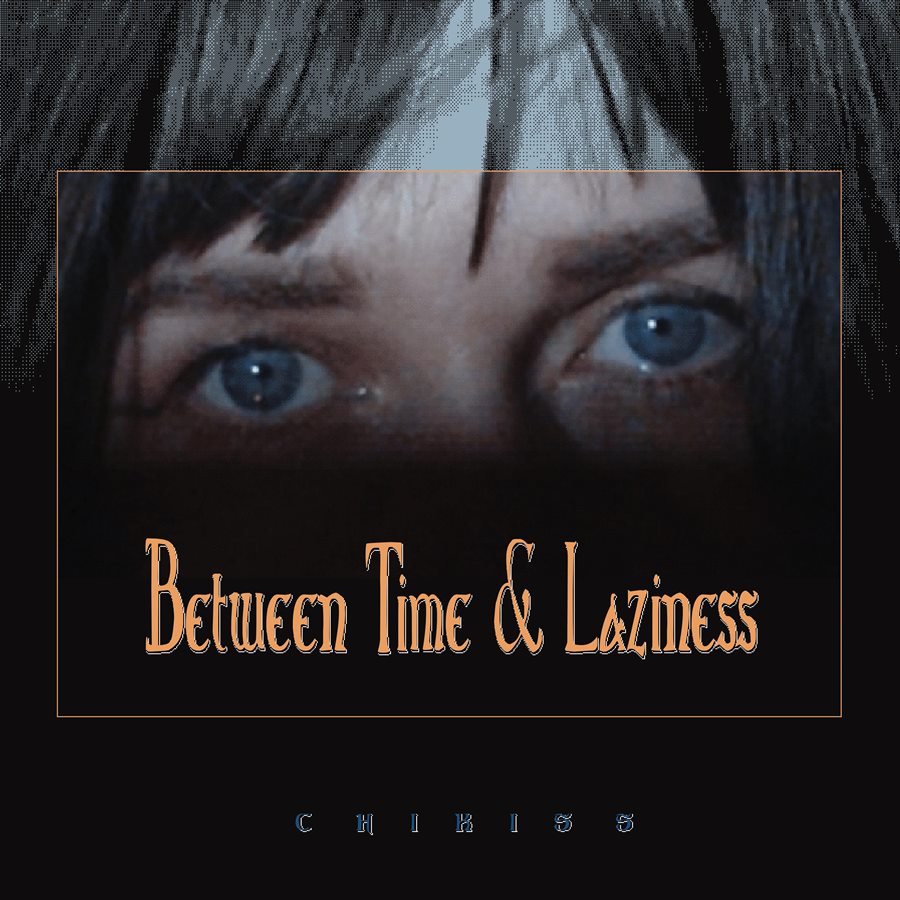
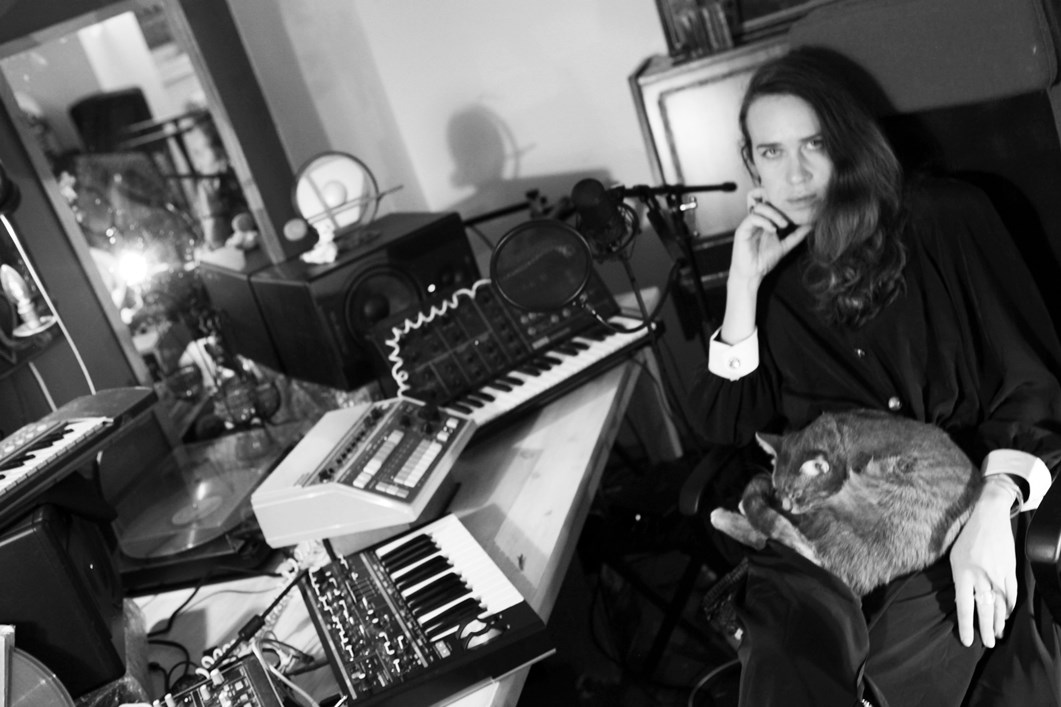

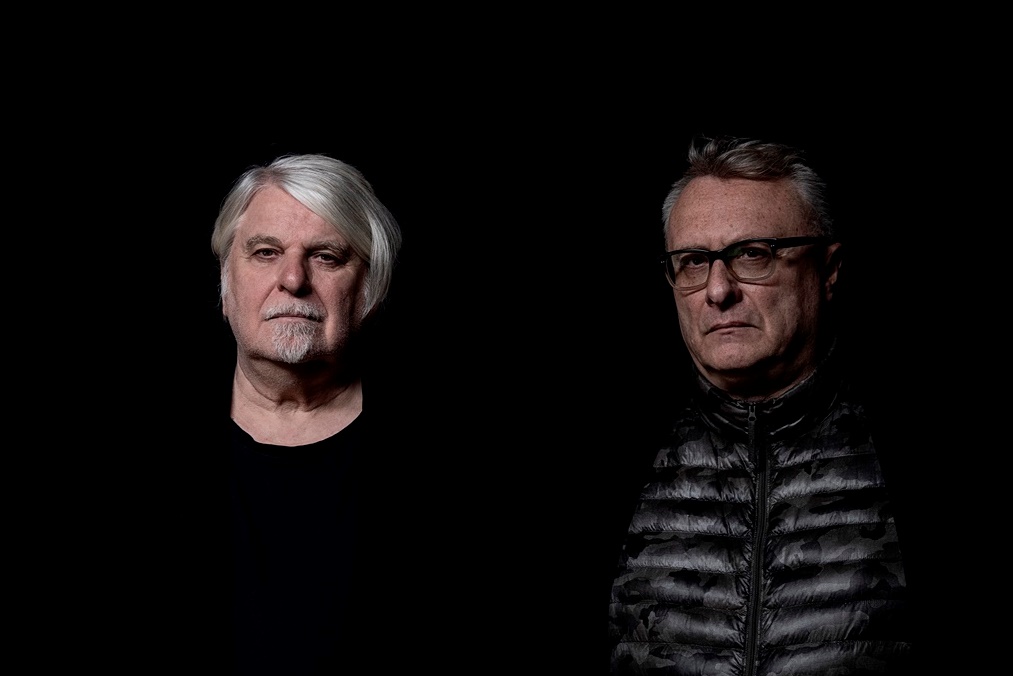
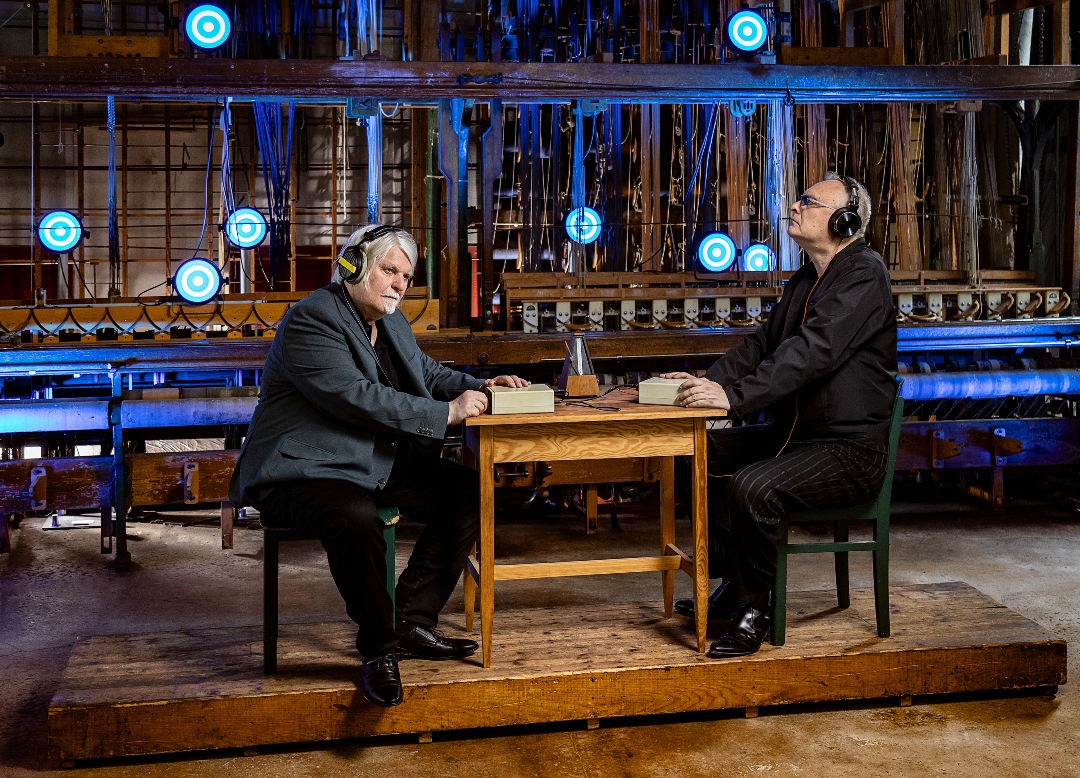
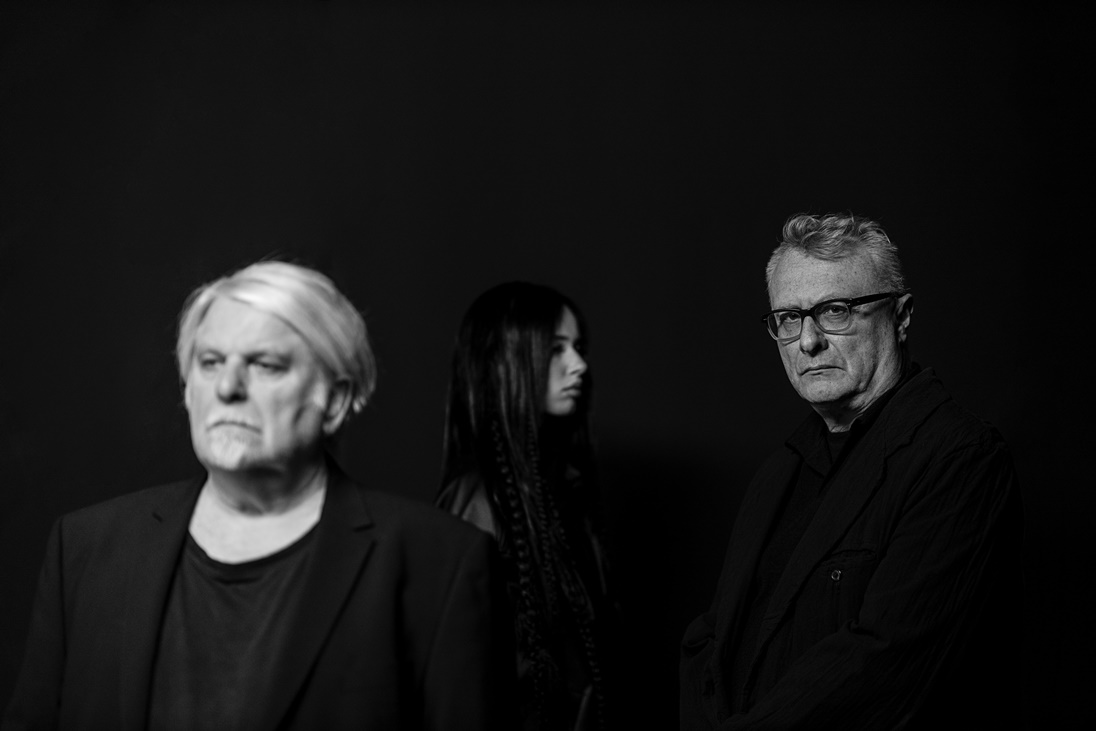
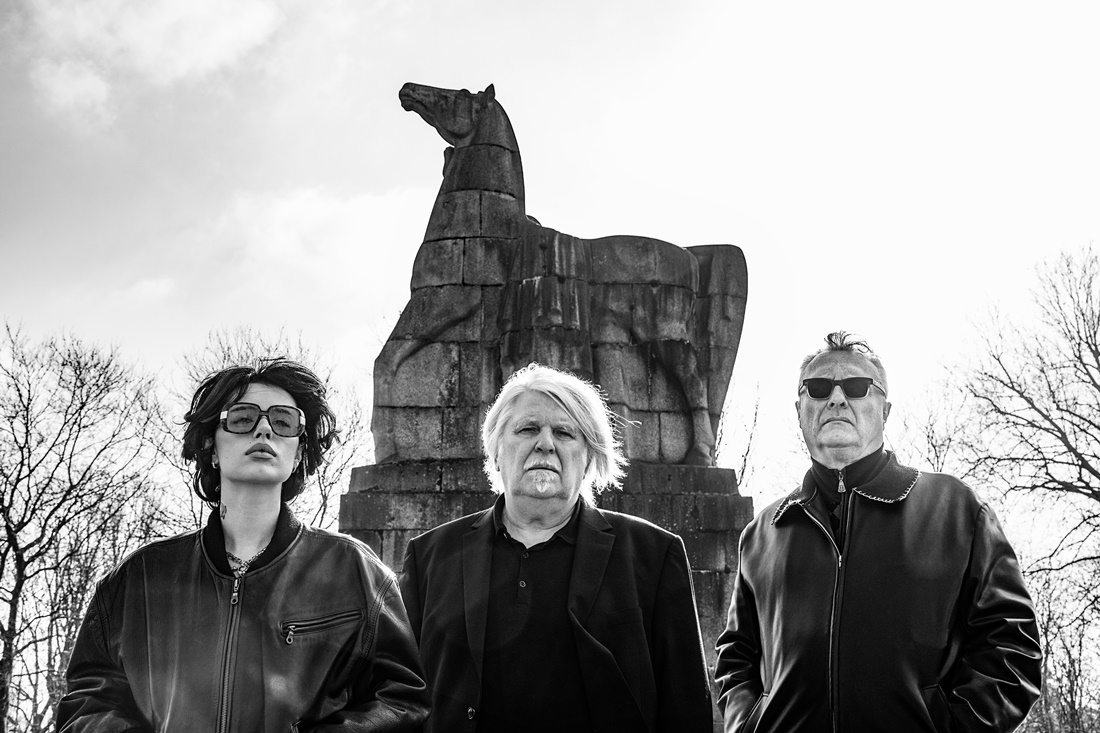
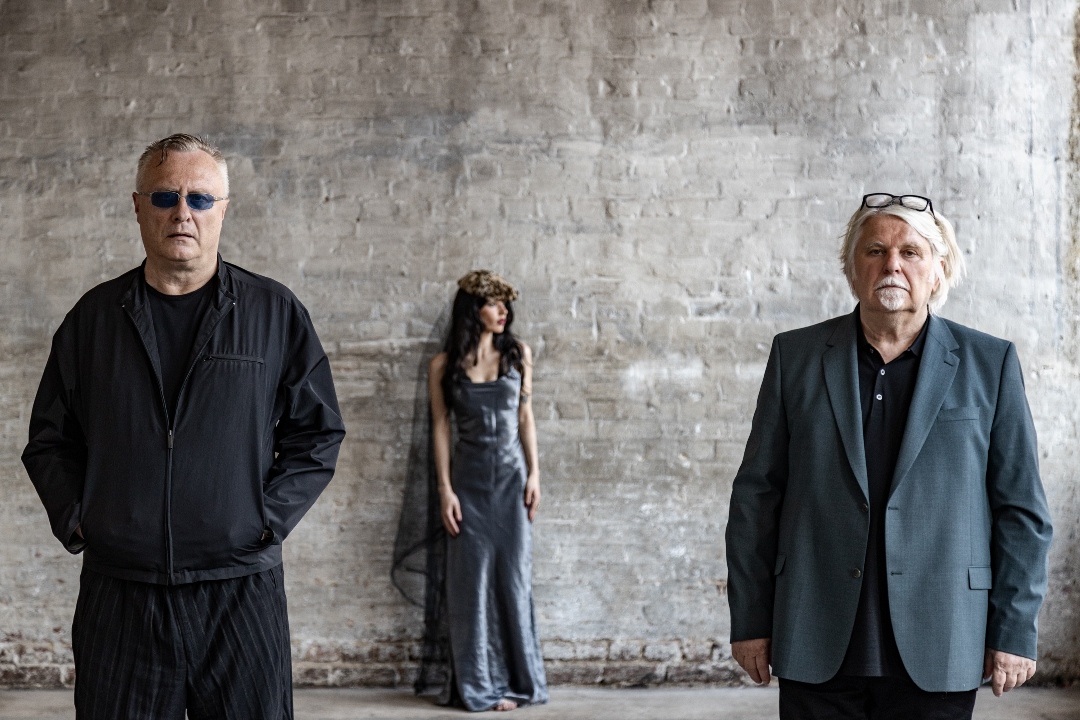
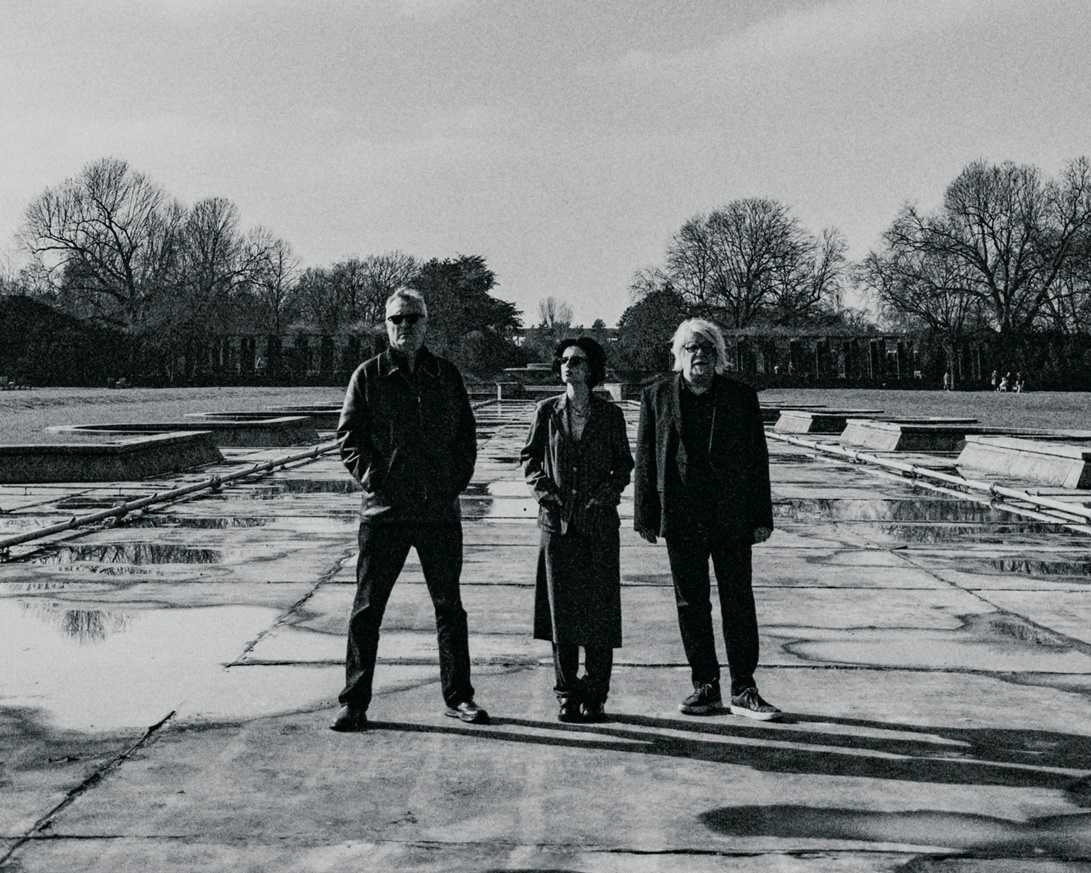
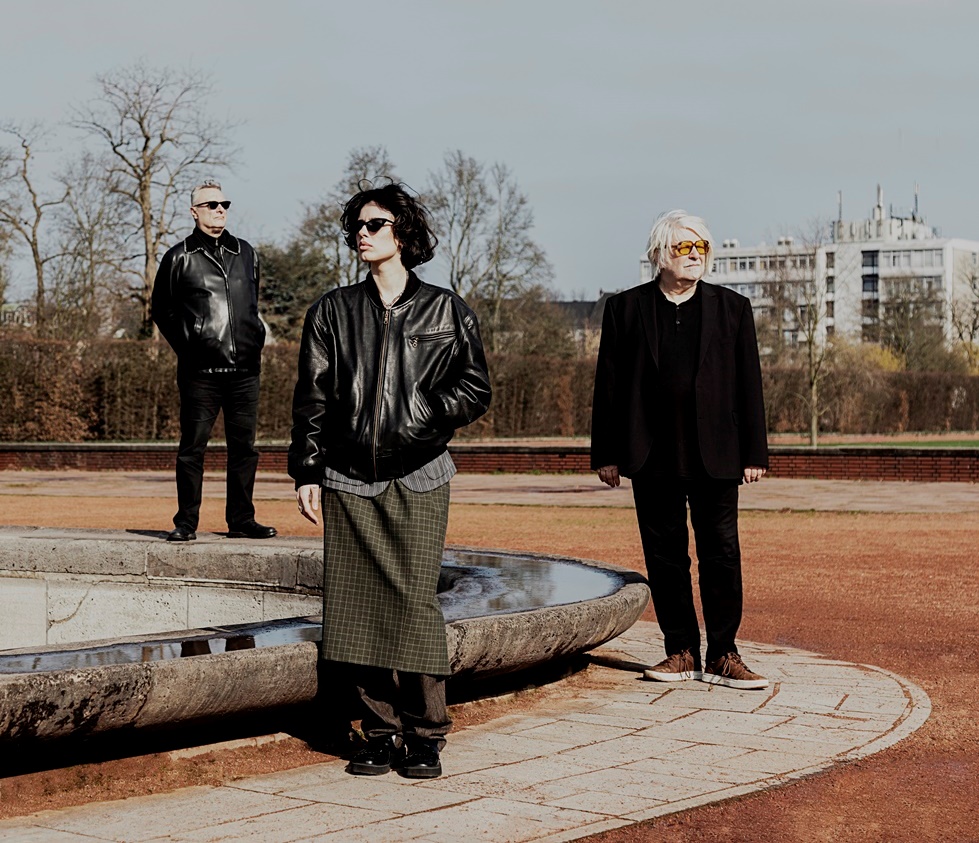
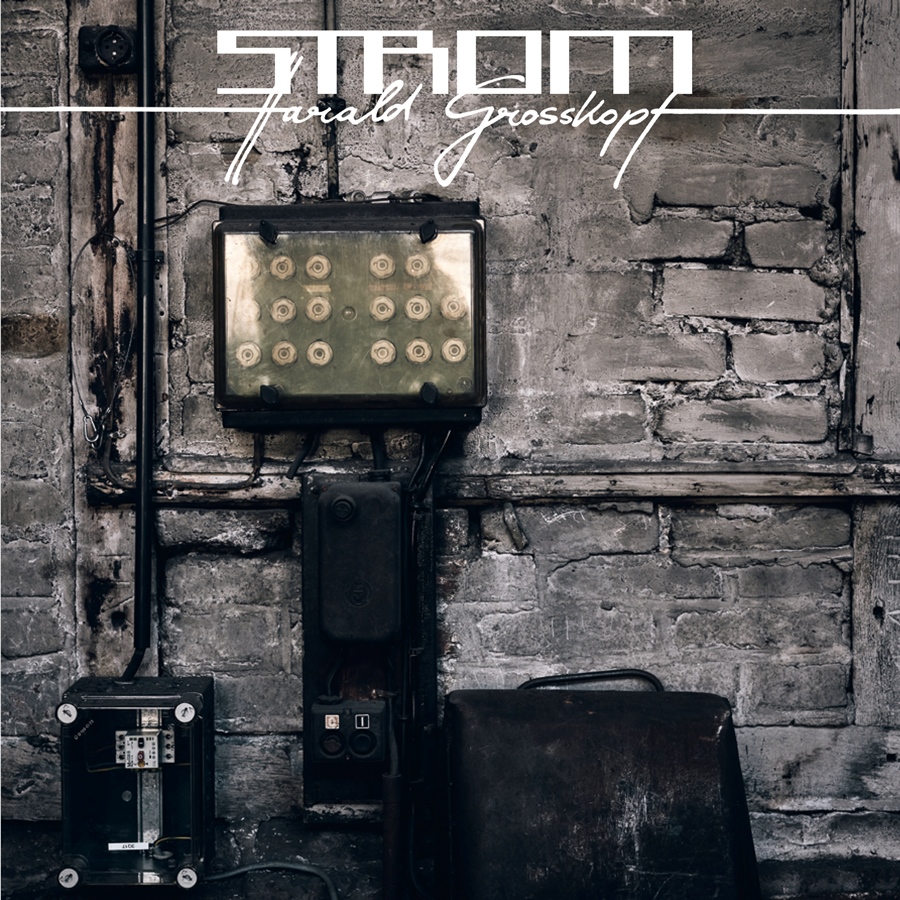
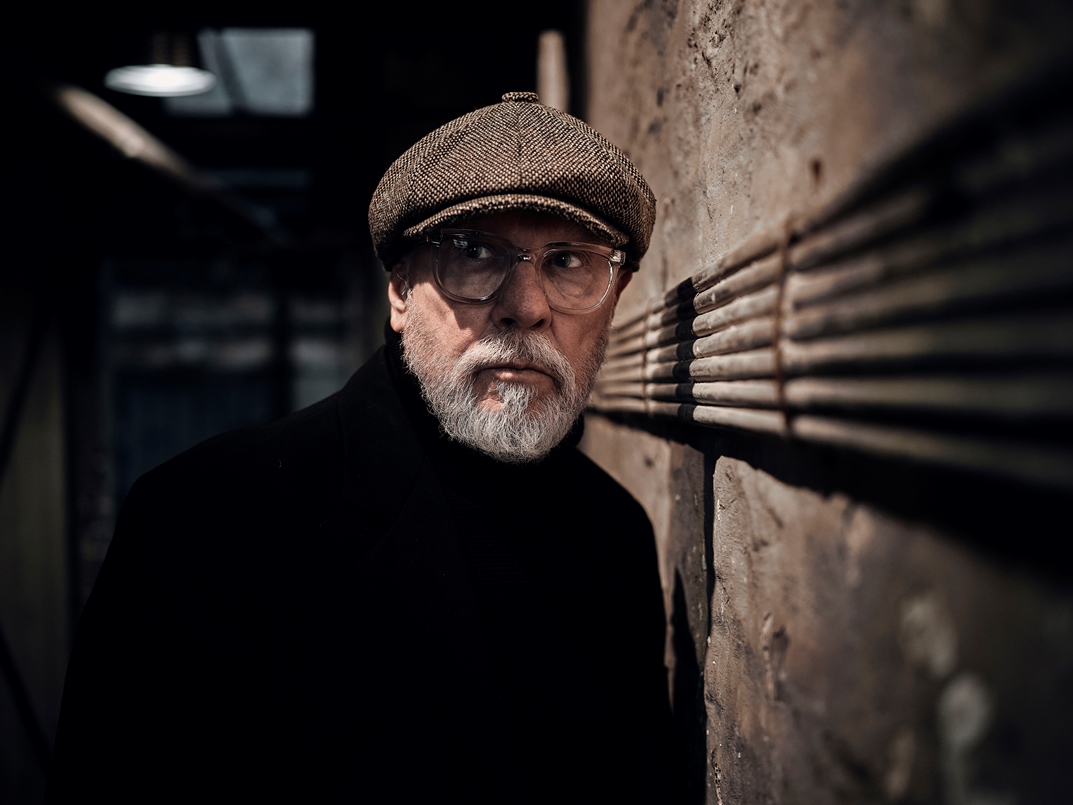
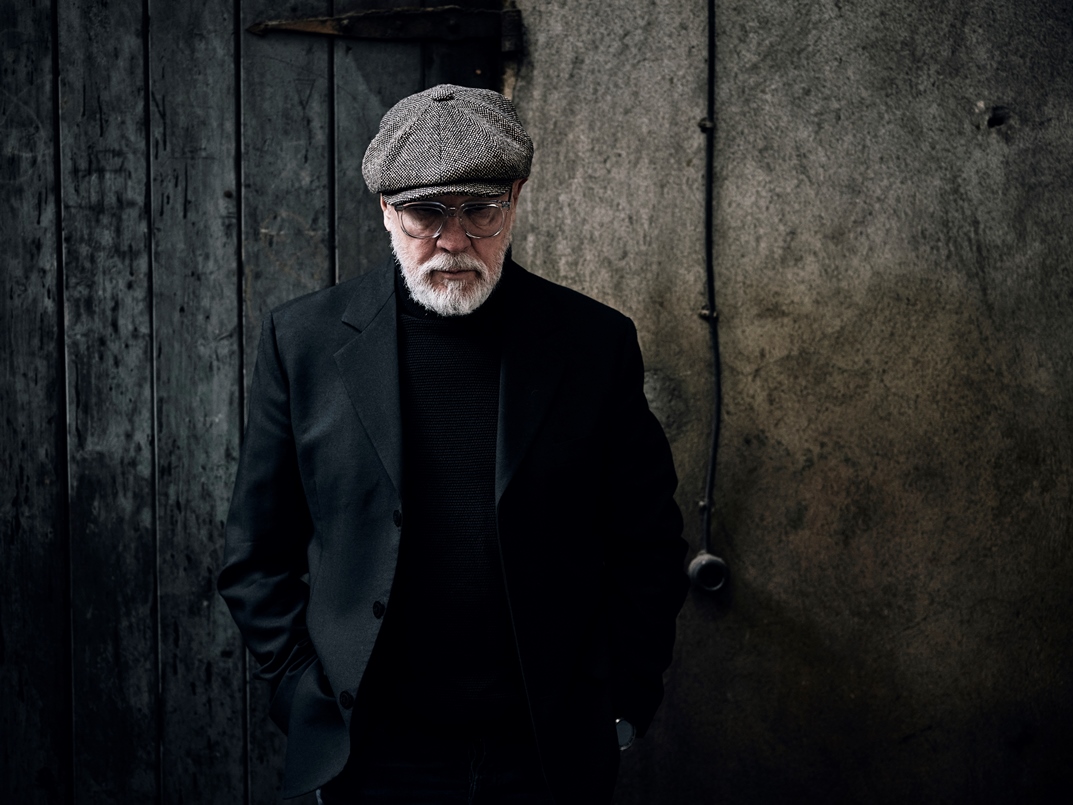
Follow Us!